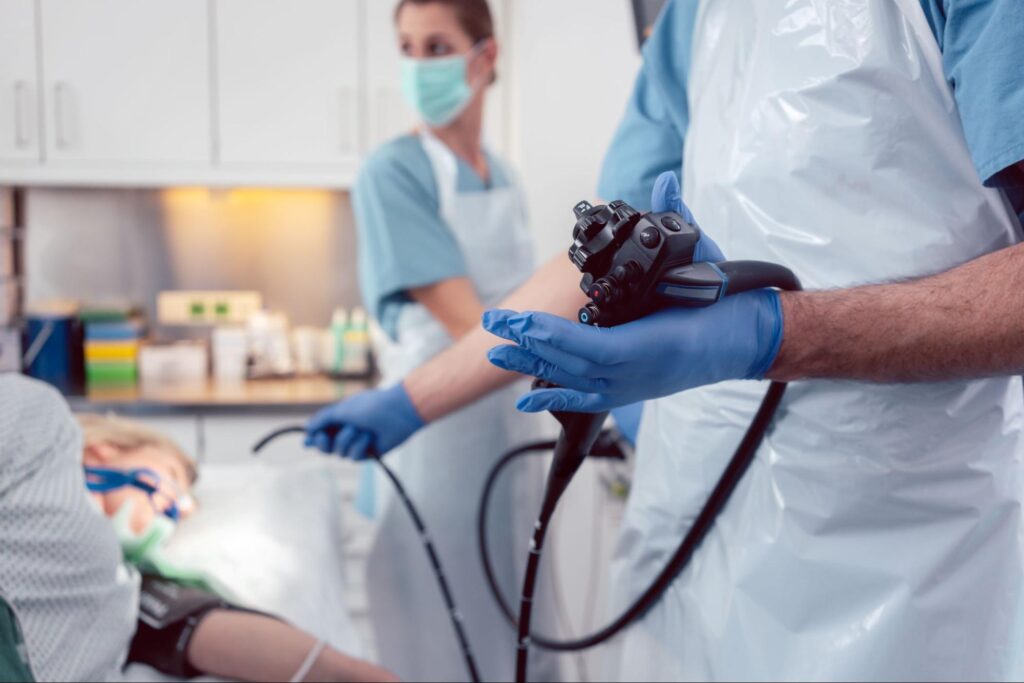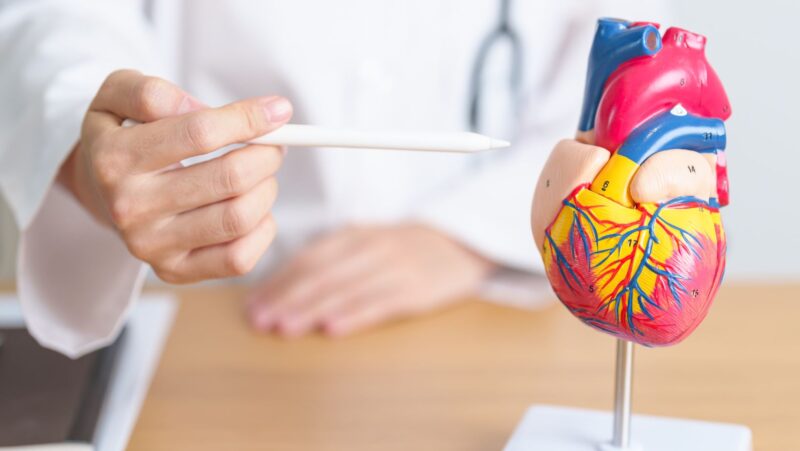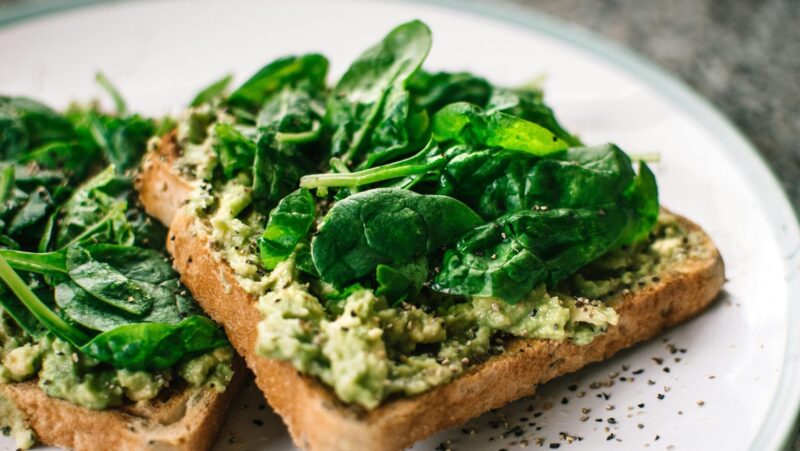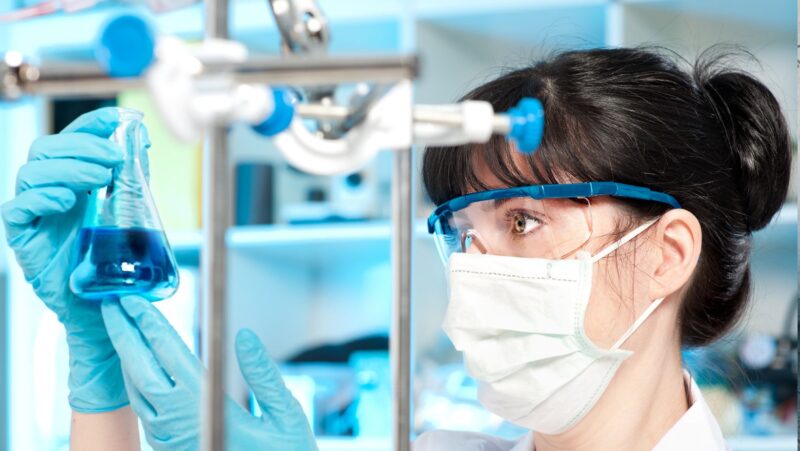
Colonoscopy and endoscopy procedures are crucial for diagnosing gastrointestinal (GI) conditions, including colon cancer, inflammatory bowel disease, and ulcers. Proper preparation is essential to ensure these procedures are successful and deliver accurate results.
Both procedures require a clear, unobstructed view of the GI tract, meaning patients must follow specific dietary and medicinal guidelines before their appointments. By understanding the process and following the preparation steps thoroughly, you can greatly reduce discomfort and improve outcomes.
Read on to learn how to prepare for a colonoscopy and endoscopy.
Understanding the Purpose of Colonoscopy and Endoscopy
A colonoscopy examines the lower part of the GI tract, primarily the colon and rectum. It’s frequently performed to detect issues like polyps, inflammation, and cancerous growths. An endoscopy, in contrast, evaluates the upper GI tract, including the esophagus, stomach, and the beginning of the small intestine. It’s used to diagnose conditions such as acid reflux, ulcers, and blockages.
Both procedures involve using a flexible tube with a camera to capture images of the GI lining. This allows doctors to identify abnormalities accurately and, if needed, conduct biopsies or remove polyps. Since clear visualization is crucial, the preparation phase is integral to the success of both tests.
Therefore, if you’re considering colonoscopy or endoscopy, it’s essential to adhere to the guidelines provided by healthcare professionals to ensure the highest quality of care. However, if you want to learn more about these procedures in certain areas, you may conduct a quick web search using keywords like “endoscopy and colonoscopy Singapore” or similar locations to gain more insights.
Steps for Preparing for a Colonoscopy
Preparing for a colonoscopy involves specific preparations. These include:
Dietary Modifications Prior to the Procedure
Dietary changes are necessary in the days before a colonoscopy. Typically, patients are advised to shift to a low-fiber diet 3-4 days before the procedure. Foods like whole grains, seeds, nuts, raw vegetables, and fruits are usually restricted, as they can be difficult to digest and may leave residue in the entire colon.

A clear liquid diet is recommended on the day before the procedure. Acceptable choices include water, broth, clear fruit juice (like apple juice or white grape juice), tea, and sports drinks. Solid foods are usually prohibited, as they can obstruct the view of the colon lining. Beverages with red or purple coloring should be avoided, as they may be mistaken for blood during the examination.
Bowel Preparation
The day prior to the colonoscopy, patients will be directed to take a bowel-cleansing solution. This preparation may be in liquid or pill form and works to flush out the contents of the colon. Proper bowel preparation is critical as inadequate cleansing can lead to an incomplete procedure and may necessitate rescheduling. Patients are also advised to stay near a restroom during this bowel movement phase, as the cleansing solution can cause frequent bowel movements.
Adjusting Medications
Some medications, such as blood thinners or iron supplements, may need to be paused temporarily, as they can interfere with the procedure or cause complications. Always discuss your current medications with your healthcare provider, who will give guidance on which drugs to discontinue and which are safe to continue.
Preparing for an Endoscopy
Endoscopy preparation focuses on several steps. These include:
Fasting Requirements
Patients undergoing an endoscopy are generally required to fast for 6-8 hours before the procedure.

This ensures the stomach is empty, allowing the doctor a clear view of the upper GI tract. Fasting also minimizes the risk of aspiration, which could occur if stomach contents enter the lungs accidentally during the procedure.
Medication Adjustments for an Endoscopy
Similar to a colonoscopy, patients may be instructed to modify their medication schedule during a gastroenterologist appointment. Anticoagulants, for example, may increase the risk of bleeding during the procedure and might need to be paused. Diabetics may need to adjust their insulin levels due to the fasting period, and a healthcare provider should offer guidance for these adjustments.
Additional Tips for a Smooth Preparation
For a smooth preparation, some additional tips are necessary to help make the process easier and enhance overall procedure success. These tips include:
Staying Hydrated
Hydration is crucial during both preparations. Clear fluids like water, broth, and electrolyte drinks can help maintain hydration, especially when consuming dehydrating bowel prep solutions. However, it’s essential to follow your doctor’s specific fluid guidelines as the procedure day approaches.
Comfort Tips for Bowel Preparation
Drinking the bowel prep solution can be challenging due to its taste and potential side effects. Some find that chilling the solution improves palatability, while others prefer sipping it slowly with small breaks in between. Additionally, using a straw can help bypass some of the unpleasant taste. If nausea occurs, resting between doses or using anti-nausea medication prescribed by the doctor may help.
Clothing and Comfort
On the day of the procedure, wear loose, comfortable clothing, as you may feel bloated or experience mild discomfort afterward. This also makes changing in the medical facility easier.
Conclusion
Proper preparation for a colonoscopy or endoscopy is vital to obtaining clear, accurate results. By keeping the information presented above in mind, you can approach the procedure confidently, ensuring a smooth experience and promoting your overall health.












